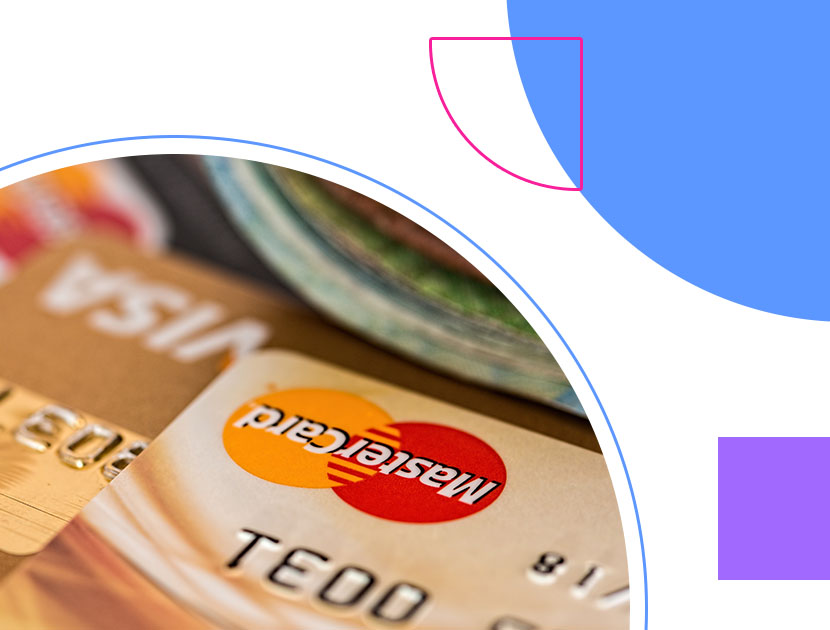The last year and a half have been difficult for businesses of all sizes. While the worst may be behind us, a recent report from the Australian Bureau of Statistics revealed that 25% of businesses reported that cash on hand was lower than usual for this time of year. Despite the recovery, decreased demand, decreased revenue and COVID-19 restrictions have impacted cash reserves.
Cash on hand is a lifeline for small and medium business. It’s what gets them through the day to day, allows their businesses to purchase raw materials, and covers costs when dealing with late or inconsistent payments.
For businesses that need a little extra help, a cash flow loan can be the difference between success or failure. Cash flow lending can help businesses stay afloat during times of turmoil. Learn what a cash flow loan is, why you might need a cash flow loan, and how to apply for funding successfully.
What is a cash flow loan?
A cash flow loan is a type of unsecured loan used to fund day to day operations. Small and medium-sized businesses mostly use cash flow loans to finance everyday payments such as ingredients or raw materials, payroll, rent, and unexpected expenses.
Cash flow loans are not traditional bank loans. Generally, banks take into account a wide range of factors before they lend — including credit history, how much is invested in the business, the amount of collateral you have to offer, as well as the profit and cash flow of your business.
Many small businesses do not have the credit history or assets needed to finance a traditional loan. With such strict criteria, many smaller businesses fail to obtain traditional financing at the first hurdle. Cash flow loans take into account narrower criteria to approve lending and concentrate on your incoming cash flow instead of the assets of your business.
How do cash flow loans work?
Cash flow loans are usually approved faster than traditional loans so that businesses have access to the cash they need effective immediately.
For businesses experiencing a downturn, making the majority of profits seasonally, or looking for income to buy raw materials to sell more goods, cash flow loans can be an appropriate way to cover costs, or boost income when cash flow is short.
Cash flow loans are approved based on current income. A cash flow loan is a loan which is unsecure and is lent against the business’ current turnover. Lenders will assess the clients current cash flow position by looking at historical bank transactions from 6-12 months prior.
Using this data they’re able to see a holistic view of the businesses trading activity and its transactions. They may also look at income and expenses, current cashflow, your businesses running balance and some internal metrics based on industry standard profit margins to determine if the business can service the loan.
When might a cash flow loan be a good idea?
If your business needs extra cash to cover daily expenses, a cash flow loan can help. You may also want to consider a cash flow loan if:
- you have a history of positive cash flow but are near the limit of your credit line
- you need spend money upfront in order to grow or launch a new product
- you want to take advantage of supplier volume discounts without straining cash flow
- you have a spike in demand and need inventory to meet it
- you have outstanding invoices from major clients
Being in business can feel like a catch-22 sometimes. For example, you may be waiting on an invoice to be paid so that you can purchase raw materials to create your products. As a small business, you may not qualify for an asset-based loan from a bank. If you are a new business a lack of credit history could also deter banks from lending to you.
A commercial finance brokerage can secure your business a cash flow loan. With this loan, your business can purchase the raw materials you need, and start selling the goods. As the goods sell, or once your invoices are paid, your business pays back the loan with interest to the lender.
Are there downsides to cash flow loans?
As with all types of lending, it’s important for business owners to do their due diligence before taking out a loan. Cash flow loans are riskier loans for lenders as they don’t scrutinize borrowers in the same way as traditional loans. To make up for the potential risk, lenders often charge higher interest rates and other fees.
Hidden fees and terms and conditions can also be a risk for borrowers. Some cash flow loans don’t allow loans to be paid off faster than the term you have agreed to. It’s important to understand all of the responsibilities of the loan term before taking out the loan. Business owners should only work with reputable lenders that are transparent about the fees and are happy to walk you through what you will owe and the terms and conditions surrounding payments.
How to apply for a cash flow loan with Think Cap
At ThinkCap, we make it as easy as possible to apply for funding so that your business can get back on track. Whether you need to hire staff, purchase inventory, or cover unexpected payments, we can help finance a solution that works for your everyday business expenses.
What are the terms and conditions?
We can get you access to a fully unsecured loan without having to offer any security through property or assets in your business. At ThinkCap, we don’t deal with hidden fees. We make sure you understand the terms and conditions upfront.
How does it work?
We handle the entire submission, negotiation and settlement process, leaving you time to focus on your business. After listening to your financial situation, we can find a loan that suits you best in as little as 24 hours. For applications made before 11am, if approved, we can even get the funds into your account on the same day as your application.
How do I get started?
Applying for a cash flow loan takes less than ten minutes. Our low document process means the only documentation we require is your ABN and a signed copy of our privacy statement. Talk to one of our knowledgeable advisors about what type of loan is right for your business, or get started on your application now.


